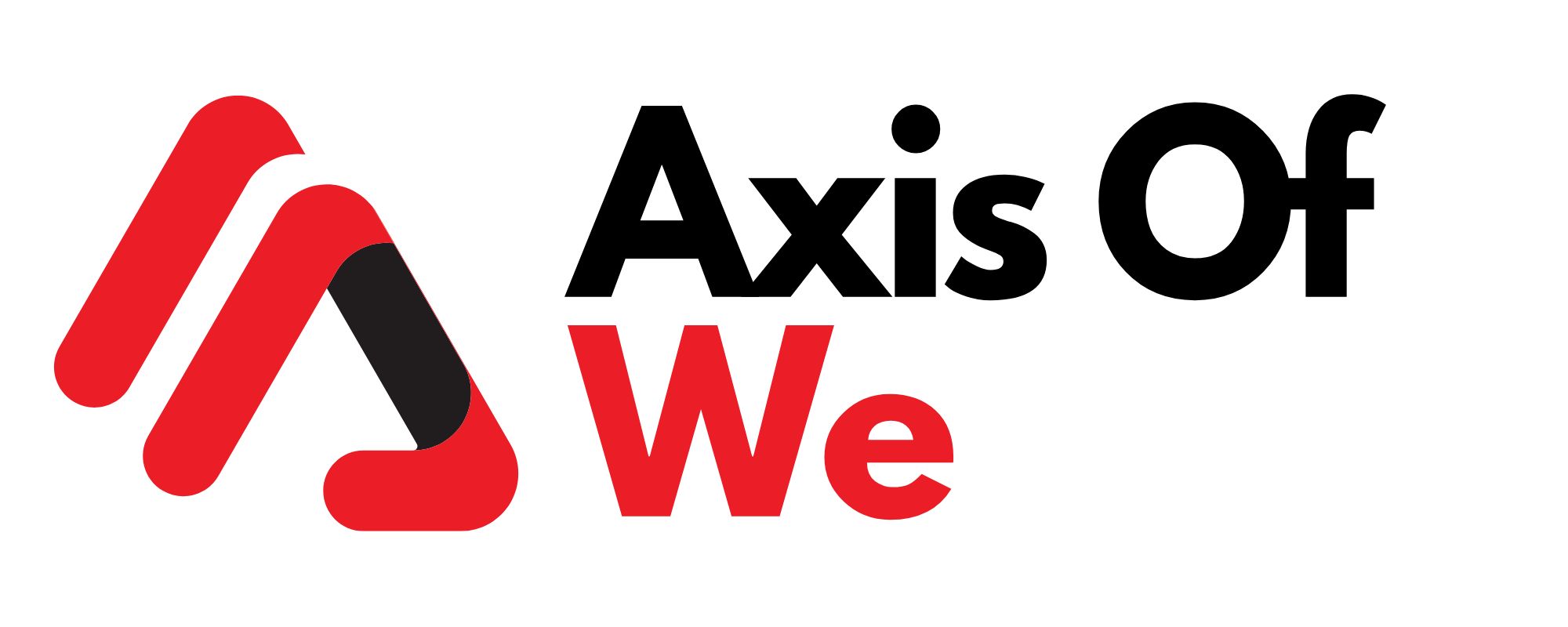The Power of Community: Understanding Collective Human Experiences

Human beings are inherently social creatures, and throughout history, communities have played a central role in shaping individual lives and societies. From small, close-knit groups to vast networks of people, the concept of community has always been about shared experiences, mutual support, and collective growth. Whether through familial bonds, friendship groups, or larger societal organizations, the power of community lies in its ability to connect people, provide a sense of belonging, and create shared meaning.

At the core of every community is a sense of shared identity. This shared identity can stem from various sources, such as culture, geography, or common interests. For example, people in a neighborhood often identify with each other through the common goal of improving their local area. Similarly, fans of a particular sport or hobby come together not only because of their shared interests but also because they find a sense of purpose and camaraderie in being part of something larger than themselves. These shared experiences create strong bonds that provide support during times of hardship and enhance moments of celebration.

Community experiences also shape the way individuals see themselves and the world around them. Whether it’s through a support group for personal struggles, a team working toward a collective goal, or a family providing unconditional love, these interactions have the power to influence personal growth. Positive communal experiences can build confidence, provide a sense of security, and foster a spirit of cooperation. On the other hand, negative experiences within a community can lead to feelings of isolation or division. Therefore, the health of a community is critical not only to the well-being of its members but also to the larger societal fabric.

In addition to personal growth, the power of community extends to societal benefits. Communities that are united by shared goals can drive social change, provide resources for economic development, and support public health initiatives. For instance, communities banding together for environmental conservation or social justice causes can have a lasting impact on policies and attitudes. In times of crisis, such as natural disasters or public health emergencies, strong communities play a crucial role in providing relief and assistance. Through collective action, communities can tackle challenges that would be impossible for individuals to address alone.

In conclusion, the power of community lies in its ability to connect individuals, foster shared experiences, and create collective strength. Through strong community ties, people not only find support and belonging but also contribute to the greater good. Whether on a personal level or within society at large, the experiences within a community shape who we are, how we interact with others, and how we navigate the world.

